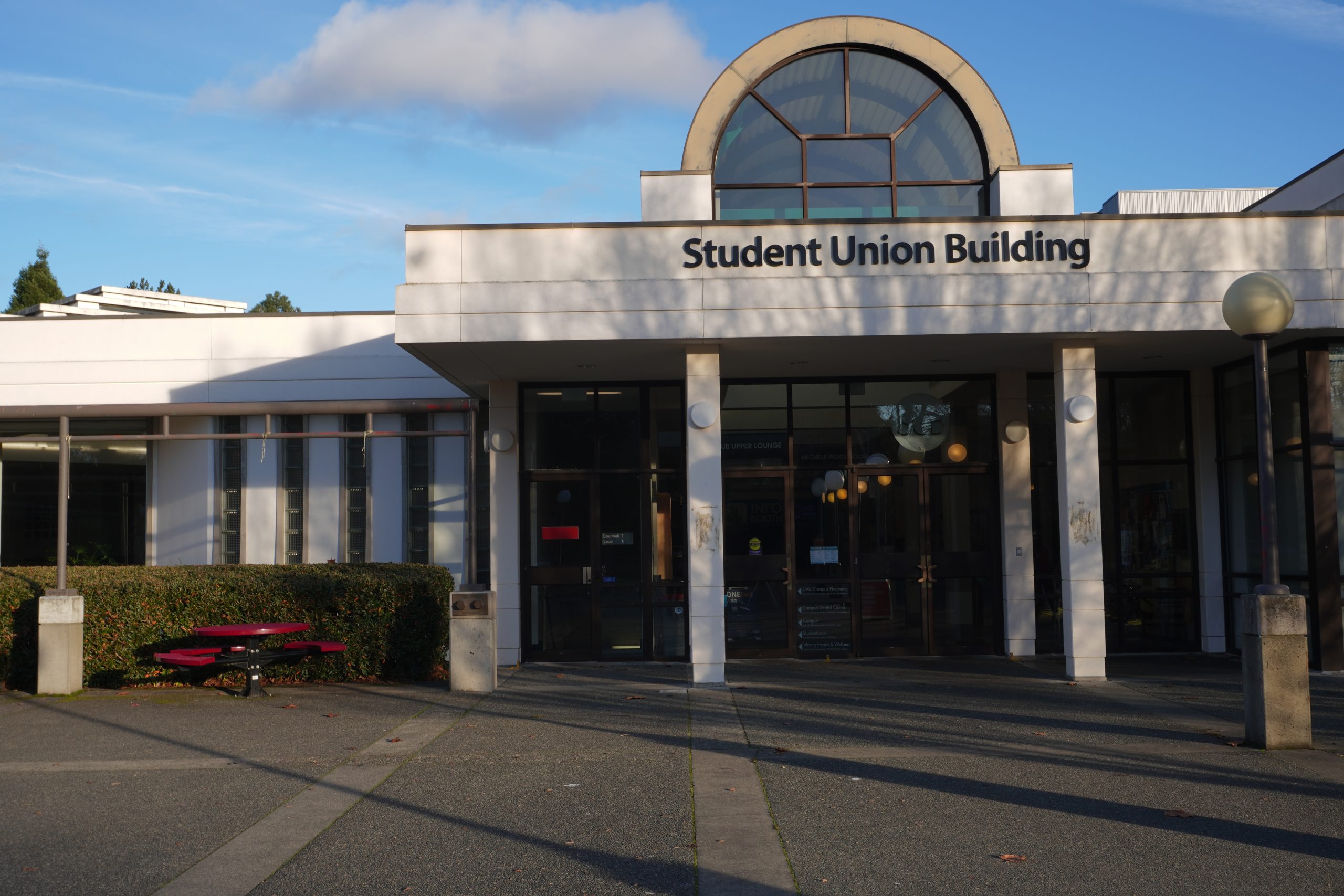My last two articles have focused on issues in politics related to science and alternative medicine respectively. This time, I want to get to the nitty-gritty of what this column is about: applying science as well as rational thinking to daily life. The title of the column attempts to exemplify this. The Oxford English Dictionary defines empiricism as a school of thought that promotes sensory experience as the single source of reliable knowledge. Empiricism champions data, and its rigorous interpretation. Properly collected and analyzed data, in principle, trumps theory (including scientific theories in the face of new contradictory evidence) and prejudice. This column is called “The Empiricist” to communicate the fundamentals and importance of empiricism to the average student. It’s imperative that personal stances be based on evidence and rigorous analysis instead of emotional satisfaction.
I find it alarming that our prevailing social and political culture is supposedly one that promotes critical thinking—yet, as mentioned in my first column, our government actively suppresses publicly funded scientists. Moreover, we are inundated with claims of fact and poorly reasoned conclusions. Jenny McCarthy’s vicious campaign denouncing vaccinations seems an obvious example.
In response, I hope to see average citizens empowered to assume the role of “citizen scientist.” The term has been in use since the late 1970s, although its exact origins are contested. Originally, a “citizen scientist” described an amateur science enthusiast equipped with above average mathematical and critical reasoning skills. In addition they possessed a basic knowledge of a particular scientific discipline, often ornithology, and actively contributed to expanding its base. The modern “citizen scientist”—my primary focus—is able to critically examine media claims, science reports, political rhetoric, and their daily life, by applying critical thinking and the scientific method. One need not be an actual scientist, or even interested in science. A “citizen scientist’ simply must retain a healthy level of scepticism and a capacity to sort legitimate facts from speculation.
My intent is to ask readers to examine analysis techniques or oft-misunderstood scientific ideas. For example, correlation and causation are two easily confused concepts worthy of explanation. We should discuss how scientific laws and theories or proof and evidence differ from our colloquial usages of them. I seek to provide the average student with the tools necessary for effective analysis. Further on, we can apply these methods to topical scientific issues, such as global climate change or stem cell research. The purpose of these examples is to demonstrate both the social dimensions of scientific issues, and how analytical methods relate to our daily lives. Readers should check references and related sources, so they can further familiarize themselves with what’s presented.
I encourage readers to submit ideas as letters to the editor. What issues do you think are worthy of analysis? Is there a complicated idea you simply can’t understand? Is political rhetoric distorting your understanding of cutting-edge scientific research? Ostensibly, our society is still establishing the political and social parameters for critical thought and sound scientific interpretation. I hope that we may be able to start a running dialogue on the importance of scientific reasoning in our daily lives. I look forward to reading comments and conversation.







